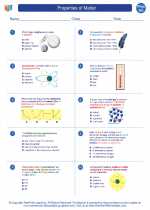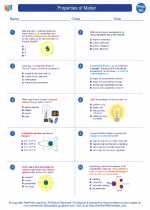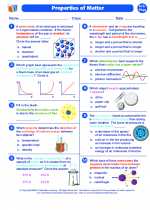Construction
Construction is the process of building or assembling infrastructure, buildings, or other structures. It involves a wide range of skills, knowledge, and resources to create a finished product that meets specific requirements.
Key Concepts
Types of Construction
- Residential Construction: Involves building homes, apartments, and other residential structures.
- Commercial Construction: Involves building offices, retail spaces, and other commercial buildings.
- Industrial Construction: Involves building structures for manufacturing and industrial purposes.
- Infrastructure Construction: Involves building roads, bridges, airports, and other public infrastructure.
Construction Materials
- Concrete: A versatile and durable building material made from a mixture of cement, water, and aggregates.
- Steel: Commonly used for structural support and framing in buildings and infrastructure.
- Wood: Used for framing, flooring, and finishing in residential and some commercial construction.
- Bricks: Used for masonry construction, providing strength and durability.
Construction Techniques
- Foundation Construction: The process of laying the groundwork for a building, providing stability and support.
- Structural Framing: The assembly of structural elements to form the skeleton of a building or structure.
- Finishing Work: The final touches, including interior and exterior finishes, painting, and landscaping.
Study Guide
To understand construction, it's important to study the following areas:
Mathematics and Physics
Understanding mathematical concepts such as geometry, trigonometry, and algebra is essential for calculating measurements, angles, and structural loads. Physics principles, including forces, motion, and materials properties, are also crucial for understanding the behavior of structures under different conditions.
Building Codes and Regulations
Knowledge of local and national building codes, zoning regulations, and safety standards is essential for ensuring that construction projects comply with legal requirements and industry best practices.
Construction Materials and Techniques
Study the properties and uses of different construction materials, as well as the techniques for assembling and finishing various types of structures. Understanding the strengths and limitations of materials is key to successful construction projects.
Sustainability and Environmental Impact
Explore the principles of sustainable construction, including green building practices, energy efficiency, and environmental impact assessments. Understanding how construction affects the environment and how to minimize its impact is an increasingly important aspect of the industry.
Project Management and Planning
Learn about project management principles, including scheduling, budgeting, and coordination of resources. Understanding how to plan and execute construction projects efficiently and effectively is essential for success in the industry.
By mastering these key concepts and study areas, you can develop a strong foundation in construction and pursue a career in fields such as architecture, civil engineering, construction management, and more.
.◂Physics Worksheets and Study Guides High School. Properties of Matter

 Worksheet/Answer key
Worksheet/Answer key
 Worksheet/Answer key
Worksheet/Answer key
 Worksheet/Answer key
Worksheet/Answer key
